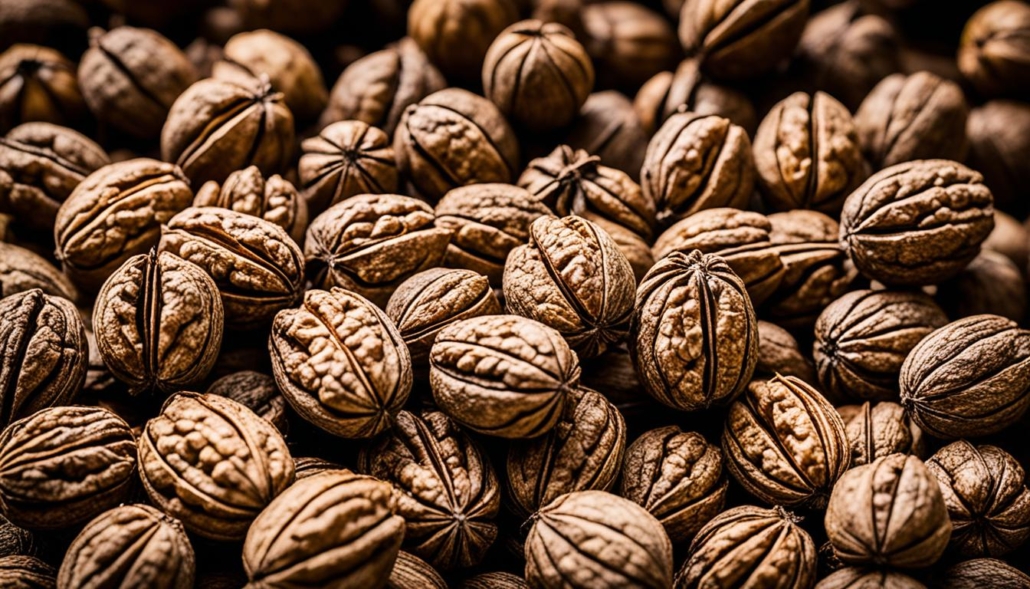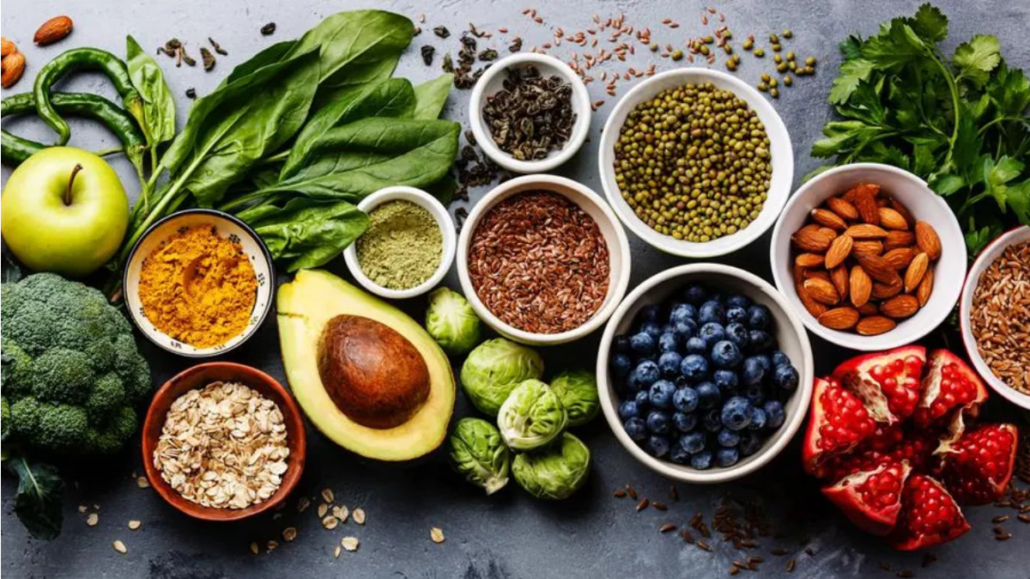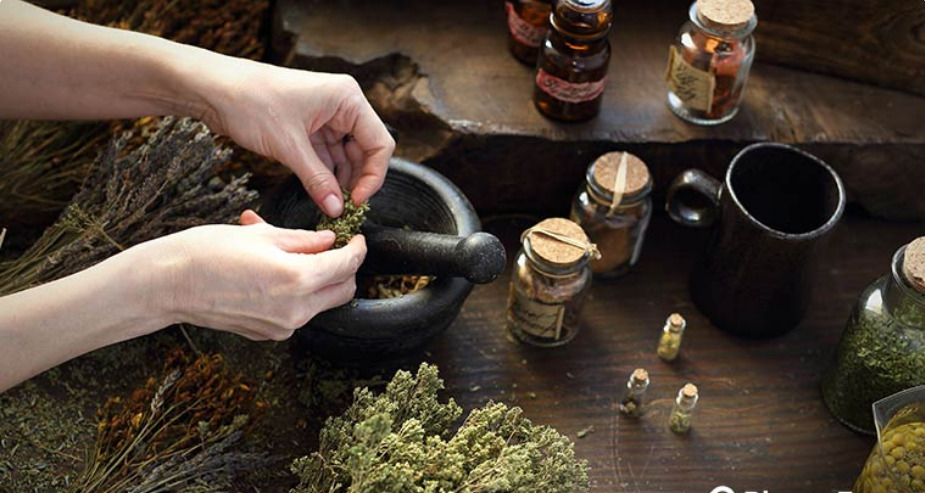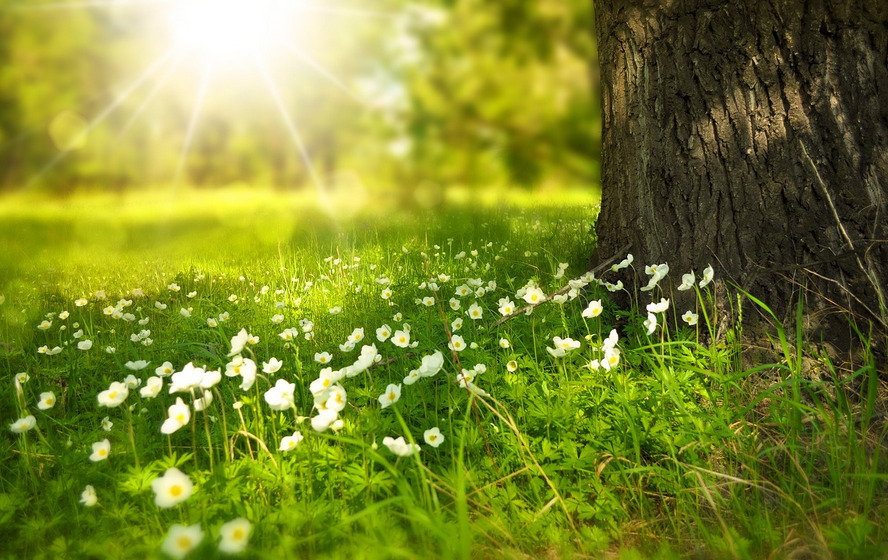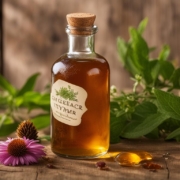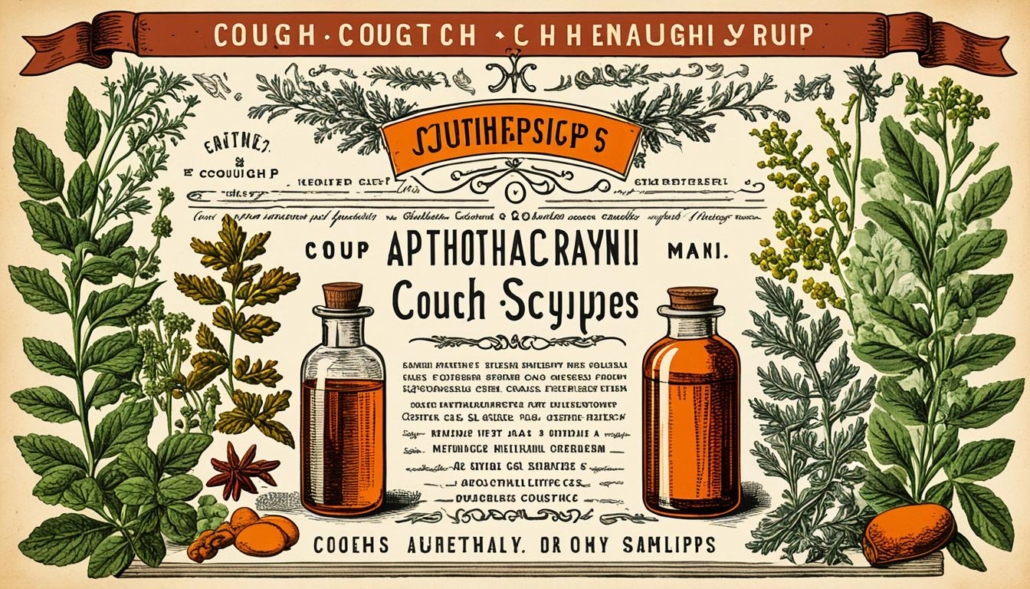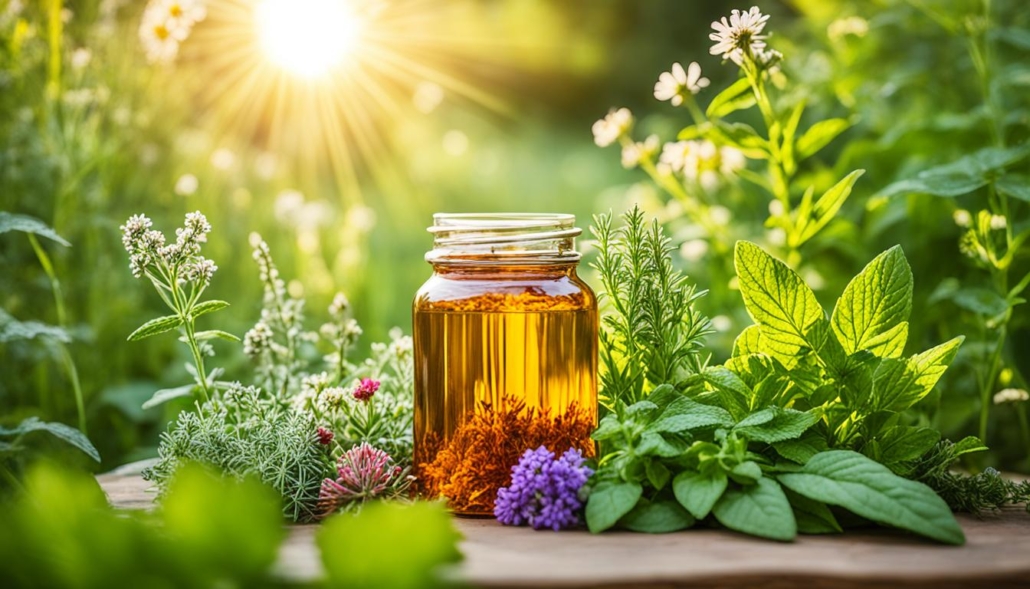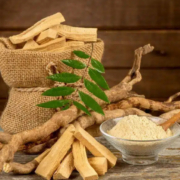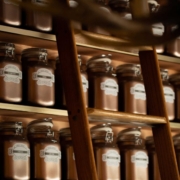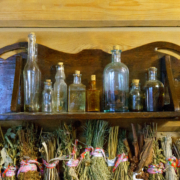Discover the Benefits of Commiphora Myrrha AKA Myrrh
Have you ever thought about the ancient world’s hidden secrets? They found things that are still important today. Commiphora Myrrha, or myrrh, is one of these treasures. It comes from the Commiphora tree. For centuries, it has been a key part of many cultures. It left behind a rich history and offers both health and beauty benefits. Today, we still use it and its uses are fascinating.
Think of being in ancient Egypt’s busy markets. There, frankincense and myrrh was as valuable as gold. It was traded often and used in rituals. Or picture Greece’s temples. The smell of myrrh purified the air, giving a sense of spiritual cleansing. Across these historic places, myrrh was a common daily tool. It helped heal, and it had deep spiritual meaning.
Now, let’s learn from our past. We will look into Commiphora Myrrha’s healing powers. We’ll see its makeup and its place in history. This will show us its many uses in medicine. We’re in for a journey to explore myrrh.
Ready to know more about Commiphora Myrrha? Let’s start this learning adventure together.
The Historical Significance of Myrrh
Myrrh is deeply historic, used for centuries by ancient cultures. It comes from the Bible’s Old Testament. There, it was precious for trading, in holy anointing oil, as incense, and in the embalming process of mummies.
Myrrh is also famous in the story of baby Jesus. It was one of the three special gifts the wise men gave Him.
In ancient times, people used myrrh for many things. They used it to clean the air, keep their teeth clean, make healing salves, and for its antiseptic abilities. Its nice smell also made it a top choice for perfumes. This added a sense of luxury to beauty routines and spiritual practices.
This deep relationship with myrrh exists in Egyptian and Greek cultures too. They used it widely and it was a big part of their religious and burial customs.
Chemical Constituents of Myrrha Commiphora
Myrrha Commiphora, or myrrh, has many components that help its health effects. These play a big part in the benefits of this resin for the body. Let’s dive into what makes up this valued resin.
It has volatile oils which are key. These oils are great because they fight bacteria, fungi, and act as antioxidants. This makes them very useful for many treatments.
Alpha-heerabomrrhol is another important part. It helps reduce pain and fight swelling. This can help people who suffer from pain or inflammation feel better.
Then, there’s heerabomyrrhol and heeraboresene. They kill off bad bacteria and fungi. This keeps you healthier.
There are also compounds like eugenol, pinene, and cinnamic aldehyde. They make the resin smell good. That’s why it’s used in making perfumes and incense.
More components like sterols and salts are there too. These add to the resin’s healing powers, helping with many health issues.
Using these elements from Myrrha Commiphora can really help your health. You get to use its power against bacteria, fungi, and more. Plus, it’s a great anti-inflammatory. This resin is a treasure for your well-being.
Medicinal Uses of Myrrh
Myrrh is well-known for its varied healing powers. It’s often found in the form of essential oil. It’s praised by herbalists like David Shaw for its help with many health issues.
It stands out for fighting off bacteria and fungi. This makes it a key natural treatment. You can use it on your skin or in mouthwashes to keep your mouth healthy.
Myrrh also does wonders for your skin. Its antioxidants fight against aging. This keeps your skin looking young and fresh.
“Myrrh essential oil is great for skin issues like acne and eczema,” says David Shaw, an herbalist.
Myrrh oil benefits your hair, too. It moisturizes your scalp and helps with dandruff. Using it in your hair care can make your hair shinier and healthier.
Myrrh’s talents go beyond the skin and hair. It can kill parasites, helping your body stay healthier. It supports your digestive system by fighting off harmful organisms.
Myrrh is also a favourite for spiritual rituals. It’s said to make meditation more effective. Including it in your rituals can bring a feeling of peace and stability.
Additionally, myrrh oil is good for pain and swelling. It relieves different types of discomfort. It’s a natural way to cope with pain.
Exploring myrrh’s healing uses can be life-changing. Herbalists like David Shaw help us make the most of myrrh oil. They show its power for better health.
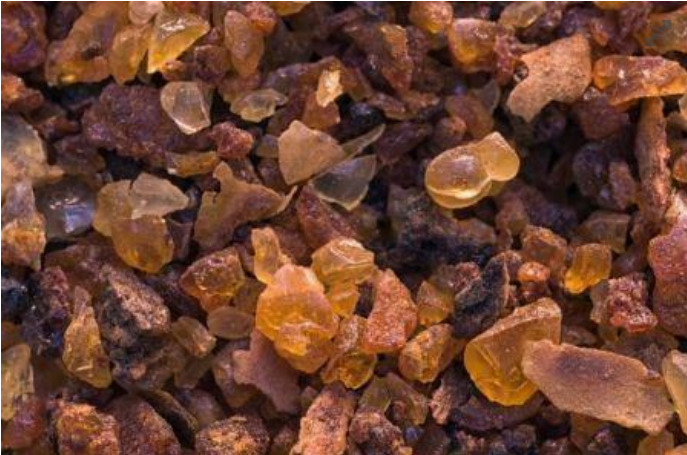
How to Use Myrrh Essential Oil
Myrrh essential oil has many ways it can help. You can use it for a soothing vibe, clear your breathing, or boost your skin care. Each use has its own special benefits.
Diffusion: Diffusing myrrh essential oil is a great way to use it. Just put a few drops in a diffuser and enjoy the calming vibe it brings. This not only makes the air fresh but also relaxes you.
Inhalation: Inhaling myrrh oil can be a quick fix for breathing troubles. You can sniff it from the bottle or use it with hot water as steam. It opens your airways to breathe better.
Aromatherapy Massage: Adding myrrh oil to massages is beneficial. Mix it with a carrier oil and rub it on your skin. You’ll feel relaxed, ease muscle tension, and feel better overall.
Topical Use: Sticking to the skin, dilute myrrh oil with a carrier oil first. Apply to dry skin or small irritations. It helps calm the skin and heal it.
In the Home: Myrrh oil is great for freshening up your living space. Put some in cleaning water or on your vacuum filter. This gets rid of smells and keeps the air clean.
Myrrh Essential Oil Research
Researchers have been looking into myrrh essential oil and its advantages. They found that it can clean the air, ease headaches and migraines, fight free radicals, and help with fungal issues. These studies show how useful myrrh essential oil can be for our health.
One specific study focused on how myrrh oil can clean the air. It discovered that using myrrh oil in rooms can kill bacteria in the air. This makes the air better to breathe and lowers the chance of getting sick.
Another study dove into how myrrh can help with headaches. It found that just smelling myrrh oil can make a headache feel better. It can also help you calm down.
Plus, researchers have also looked at myrrh oil for its antioxidant power. Antioxidants fight against free radicals. These are things in the body that can cause harm. The study showed myrrh oil is great at fighting these harmful things off.
They didn’t stop there. Myrrh oil was also researched for fighting off fungi. This is important for stopping things like athlete’s foot. The initial studies indicate that myrrh oil could be good at fighting some types of fungi.
All these studies back up what people have known about myrrh oil for a long time. In your daily health plan, adding myrrh oil might bring many good things. This includes making the air cleaner, helping with headaches, protecting from oxidants, and fighting off fungal infections.
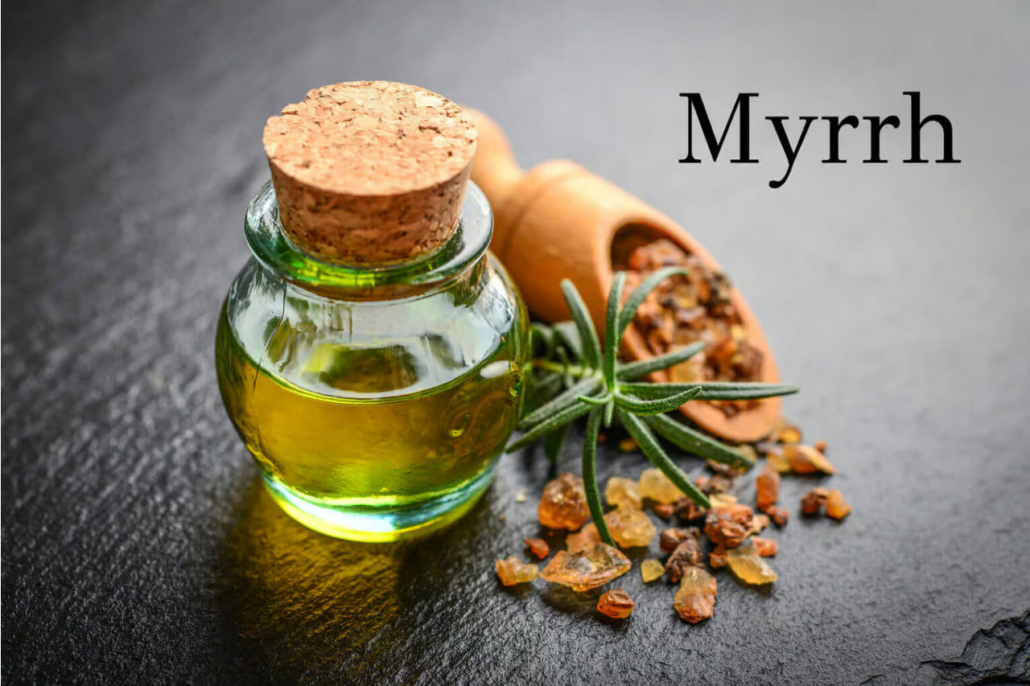
Side Effects and Contraindications of Myrrh Essential Oil
Myrrh essential oil has many good points, but it’s wise to know the bad too. This includes skin irritations or allergic reactions from using it on your skin.
Experts say drinking myrrh essential oil is not safe. It can be harmful. Also, if you’re expecting a baby, it’s best to avoid it.
Before you use myrrh essential oil, talking to a healthcare provider is smart. They can guide you well. This is especially true for pregnant women.
Conclusion
If you find yourself asking What is myrrh just remember it comes from the Myrrha Commiphora tree. It has many health benefits because of its unique make-up and rich history. People like medical herbalist David Shaw can show the best ways to use myrrh for health issues.
Studies have found that myrrh oil can clean the air, help with headaches, and fight against some health threats. This research helps us see how myrrh oil can be good for our health.
Knowing how myrrh was used in the past and using it for health benefits today is powerful. Adding myrrh oil to your daily care, whether for your skin, hair, or inner well-being, can be a smart choice. It provides a natural answer to your health needs.



